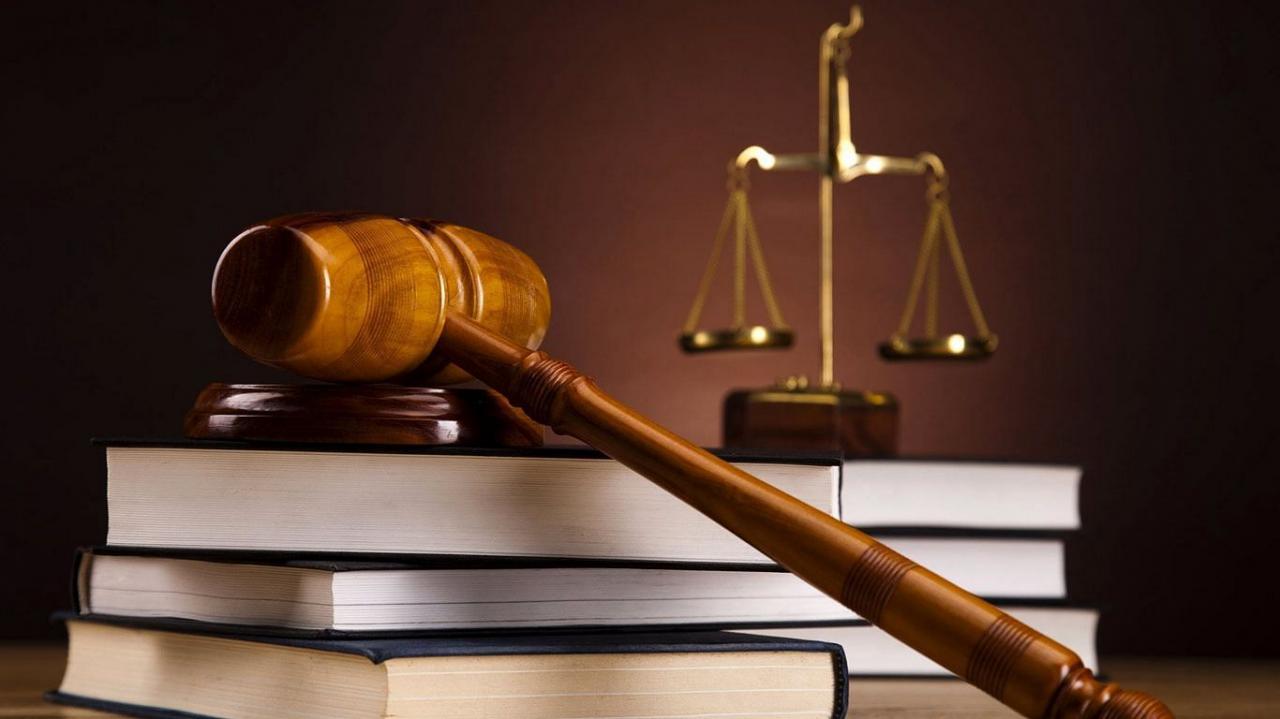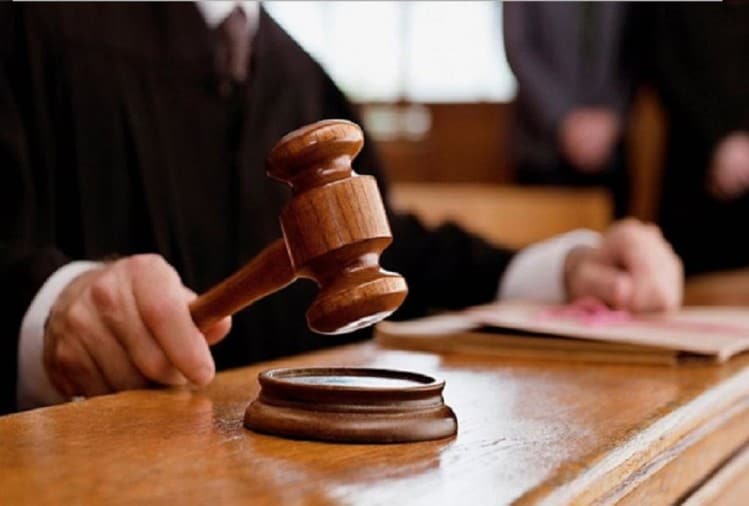The Commission defines general sentencing principles
The Commission also monitors the performance of probation services in terms of sentencing recommendations and has established a research program with think tanks and information centers on federal sentencing practices.
The Sentencing Commission is composed of a chairman, three vice-chairmen and three other voting members of the Commission appointed for a six-year term by the President.
Auxiliary court staff
In addition to their personal staff of technicians and secretaries, judges rely on the court’s central support staff to assist in the running of the court. These employees include:
- secretary of the court – the chief administrator of the court, who keeps court records, manages the money resources of the court and supervises the work of the court;
- district chief – performs a wide range of administrative tasks on behalf of the regional district judicial board;
- court recorder – makes a verbatim record of court sessions and prepares a transcript;
- court librarian – maintains court libraries and helps to meet the information needs of judges and lawyers;
- full-time lawyers and independent technical workers – assist the court in research work and the preparation of opinions;
- employees of pre-trial and probation services – interrogate defendants before the trial, investigate the circumstances of their lives, submit reports to assist judges in deciding on the pre-trial release of defendants and sentencing them, and supervise the released defendants.
Decentralization allows each court to operate with considerable autonomy on the principles of good governance in accordance with political decisions and guidelines defined at the regional and national levels.

What cases are heard by US federal courts
As the data above shows, the jurisdiction of federal courts is not as broad as that of state courts. The jurisdiction of the federal court is limited to cases of a certain nature, listed in the basic law of the state.
For the most part, federal courts deal with cases in which the United States is a party, as well as cases involving violations of the basic Law of the country or federal laws and foreign diplomats.
In addition, federal courts handle special litigation involving bankruptcies and maritime incidents and deal with state law cases where parties from different states are involved.
Some of the issues are only within the jurisdiction of federal courts. In some cases, the parties may apply to both state and federal courts. However, in most cases, the parties have the right to apply only to the state court.
Although federal courts hear significantly fewer cases than state courts, the cases they hear are most often of national importance because they involve the enforcement of federal laws and the protection of federal rights.
Federal courts are more likely to hear civil rather than criminal cases.
For example, the US Congress has passed laws that make businessmen legally responsible for refusing to hire a job on the basis of nationality, gender, or other characteristics unrelated to the nature of the job for which the applicant is applying.
For example, an individual, such as a woman, may be sued in federal court by an organization for unlawfully refusing to hire her on the basis of gender.
An individual may also file a civil suit in federal court for non-payment of benefits due to him or her from a government program, such as the Social Security Fund or the Retirement and Disability Assistance Program and their dependent family members.
It is also possible that a federal court has to decide on a civil lawsuit to determine whether a particular corporation that has established a monopoly in any area of \u200b\u200bactivity violates federal laws.
How cases come to the US Federal Court
Courts do not have the ability to make decisions on conflict situations on their own initiative. They have to wait until the lawsuit is filed in order to initiate a case. Moreover, the courts decide only on legal disputes. It is not their task to decide on any disagreement between individuals.

Civil affairs. A civil case is initiated after the filing by the plaintiff, and most likely his lawyer, of an application to the clerk of the court with a claim against the person who allegedly committed the offense.
Judges and lawyers in such cases say that the plaintiff is filing a complaint against (or suing) the defendant. The defendant may submit a written explanation of the case. These written statements about the positions of the parties are referred to as pleadings (or pre-trial proceedings).
Criminal proceedings.
Filing a criminal case in federal court is a more complicated procedure. The beginning of a criminal case can be considered the moment when a representative of the US executive branch (government), represented by a public prosecutor (prosecutor) or his deputy, provides a grand jury (juries) with evidence indicating the participation of a particular person in the commission of a crime.
By the time the grand jury meets, the person may already be under arrest or at large. The prosecutor is trying to convince the grand jury that there is enough evidence of a crime committed by this person, sufficient to bring an appropriate formal charge against him.
If the grand jury agrees with the accuser’s arguments, they bring forward a formal indictment called an indictment.
Unlike the petit jury, which is directly involved in the process of litigation, the grand jury determines whether there is a need to initiate a case and company litigation.
The small jury (from the French “petit jury”) consists of 6-12 people. It takes part in the trial process, hears the arguments and counterarguments of the parties. The grand jury (from the French word “grand jury”) consists of 16-23 people.
